Understanding the Risks of RSV
Hello, moms! Today, we’re diving into an important topic that affects our beloved seniors: Respiratory Syncytial Virus (RSV). Public health experts are sounding the alarm about the serious risks this virus poses, especially for Filipino seniors and those with underlying health conditions.
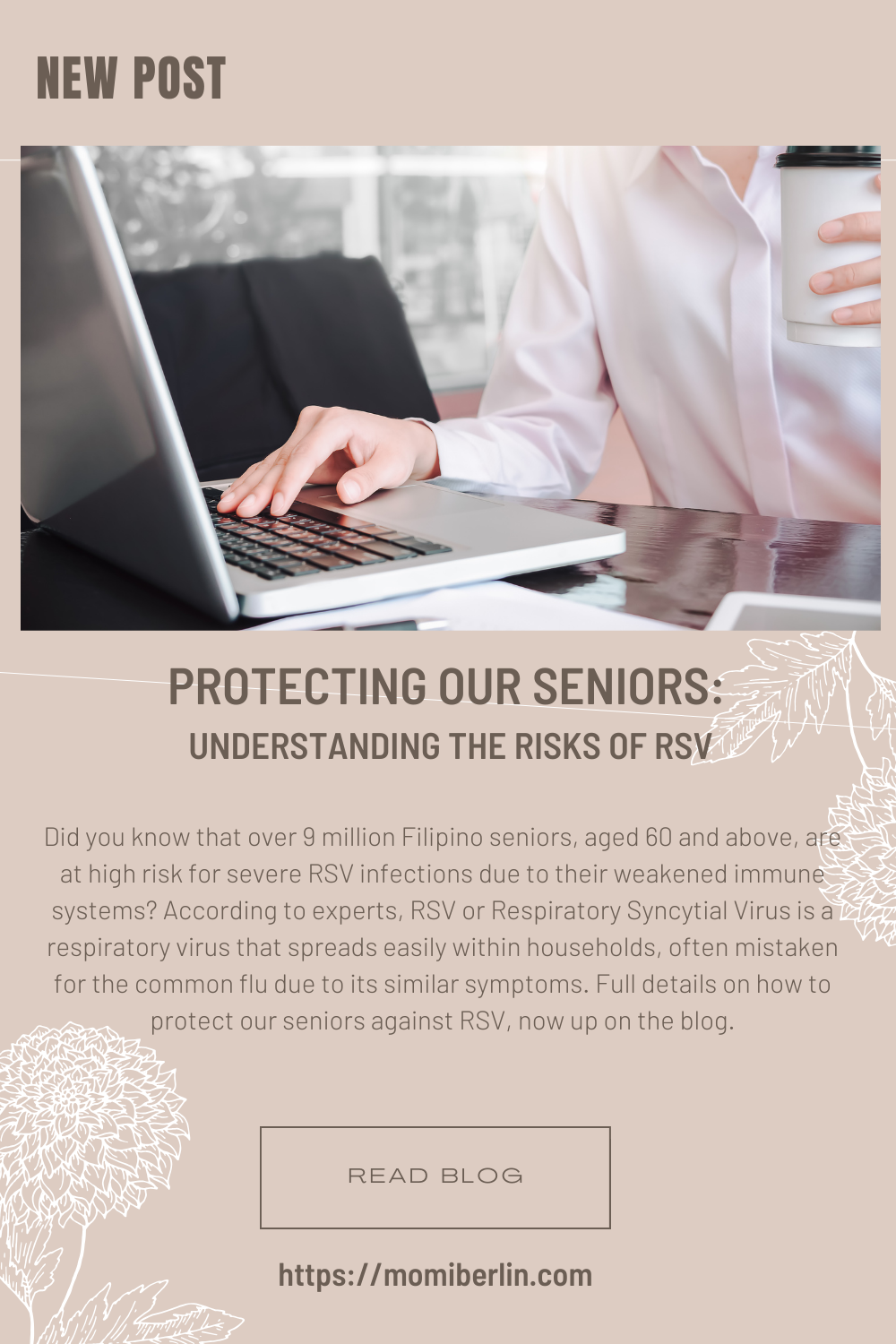
The Serious Risks of RSV
Did you know that over 9 million Filipino seniors, aged 60 and above, are at high risk for severe RSV infections due to their weakened immune systems? According to experts, RSV is a respiratory virus that spreads easily within households, often mistaken for the common flu due to its similar symptoms.
Dr. Rontgene Solante, an Infectious Disease Expert and President of the Philippine College of Physicians, explains, “RSV is widespread yet lesser-known, transmitting through inhalation or contact with respiratory secretions. It presents with symptoms like congestion, cough, wheezing, and low-grade fever. Seniors and individuals with comorbidities may mistake these symptoms for a cold or flu, not realizing the severity of RSV, which lacks specific treatment options for adults.”
Peak Season and Household Transmission
Furthermore, RSV is more prevalent during the rainy months, peaking from October to December, making it crucial for families to stay vigilant during these periods. Dr. Solante emphasizes, “Our seniors are vulnerable, often living with family caregivers who inadvertently bring the virus home. Symptoms might be dismissed as flu-like, delaying proper diagnosis and care.”
The Greater Burden on Seniors
Dr. Lourdes Dumlao, President of the Philippine College of Geriatric Medicine, underscores the impact on seniors compared to children, noting higher hospitalization and mortality rates. “Seniors with conditions like pneumonia, asthma, and heart disease face increased risks from RSV, requiring extensive aftercare and potentially leading to readmission and mortality,” she warns.
Dr. Lenora C. Fernandez, head of Pulmonary Services at Asian Hospital and Medical Center, adds, “After hospital discharge, many RSV patients require professional home care. About one in four patients are readmitted within three months, and a third may face complications leading to death within a year.”
Awareness and Proactive Health Measures
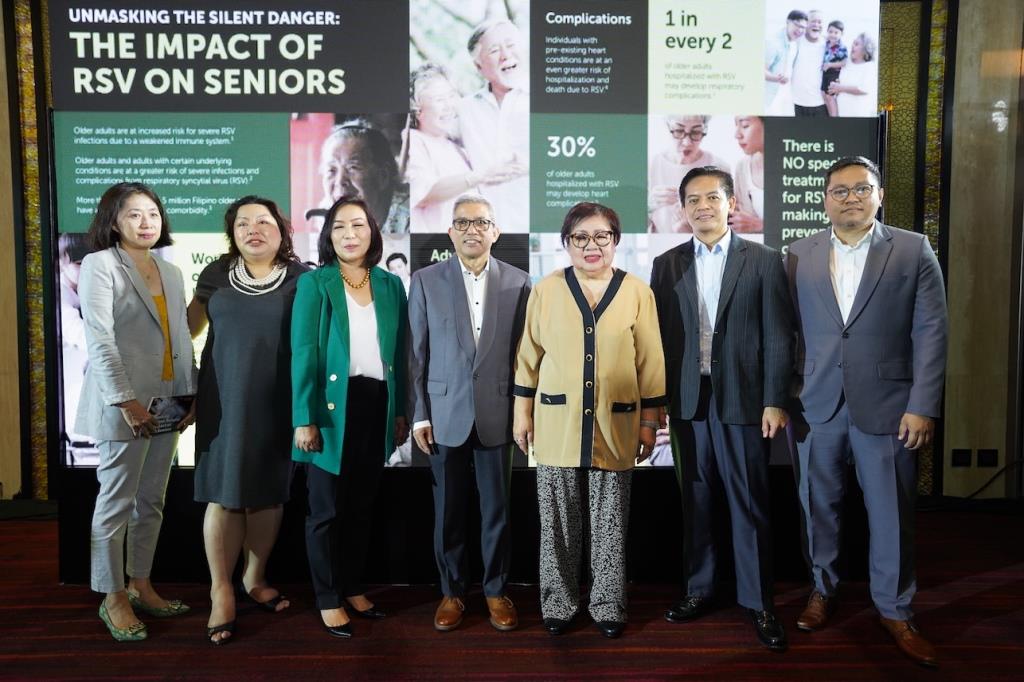
Awareness and proactive measures are critical in protecting our seniors from RSV. Dr. Solante advises, “Education is key. Seniors should discuss RSV with their doctors to understand preventive measures and recognize early symptoms.”
Dr. Fernandez recommends immediate action at home if symptoms arise. “Implement safety protocols like isolation, wearing masks, and frequent handwashing to prevent transmission within households,” she advises.
Dr. Dumlao concludes with practical advice: “Prevention starts with regular medical check-ups and healthy living. Seniors should prioritize their health with good nutrition, sleep, and exercise to boost their immune systems.”
Let’s keep our seniors safe and informed about RSV. Remember, awareness today ensures a healthier tomorrow for our loved ones.
Momi Berlin Directory
About GSK

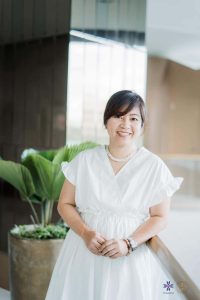
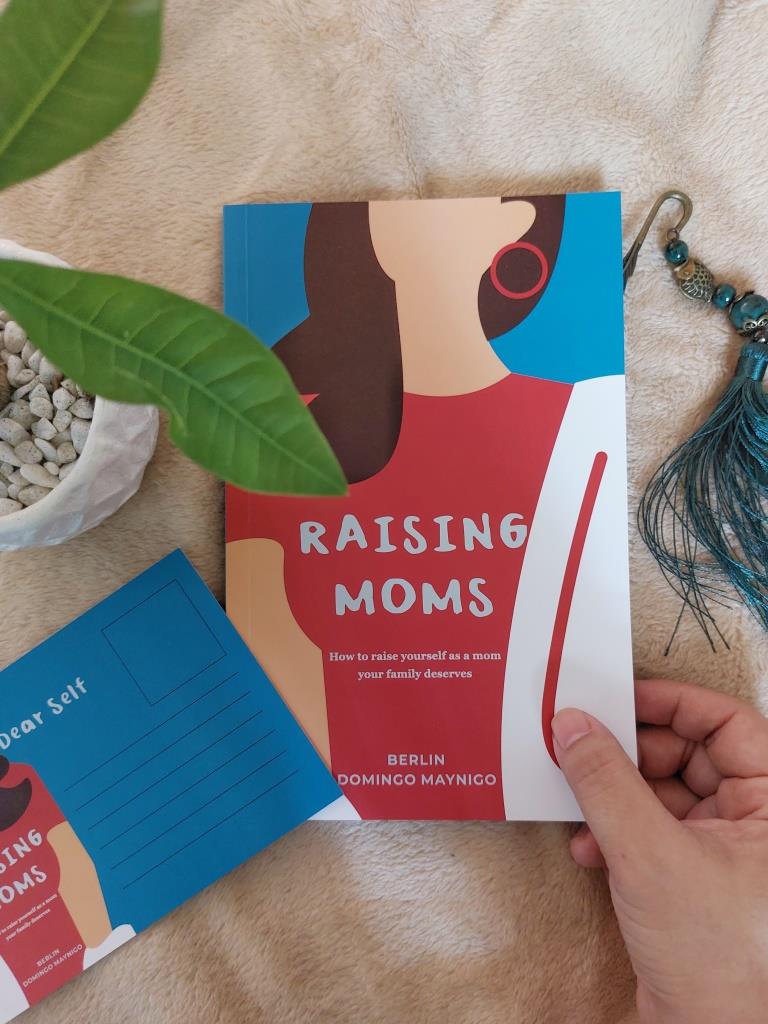


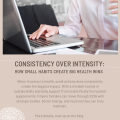






0 Comments